Hydroponics is an exciting way to grow plants without soil. But what nutrients do hydroponic plants need?
Hydroponic gardening is a fascinating method where plants grow in water instead of soil. This technique offers many benefits, including faster growth and higher yields. However, for plants to thrive in a hydroponic system, they need the right nutrients. These nutrients are crucial for healthy plant development.
They include essential elements that plants typically get from soil. In a hydroponic setup, you must supply these nutrients directly through the water. Understanding these nutrient needs is key to successful hydroponic gardening. Let’s explore the vital nutrients your hydroponic plants require to grow strong and healthy.

Credit: verticalfarmingplanet.com
Introduction To Hydroponic Nutrients
Hydroponic plants need essential nutrients like nitrogen, phosphorus, and potassium. They also require calcium, magnesium, and sulfur. Trace elements such as iron, manganese, and zinc are important too.
Basics Of Hydroponics
Hydroponics is growing plants without soil. Plants grow in water with nutrients. The water has all they need to grow. This method can be simple or complex. Some systems use pumps and timers. Others use basic containers. The key is to provide the right nutrients.
Importance Of Nutrients
Nutrients are like food for plants. They help plants grow strong. Without nutrients, plants become weak. They need macronutrients and micronutrients. Macronutrients include nitrogen, phosphorus, and potassium. Micronutrients include iron, manganese, and zinc. Both are crucial for plant health. The right balance is important. Too much or too little can harm plants. Always check the nutrient levels. Adjust as needed for best growth.
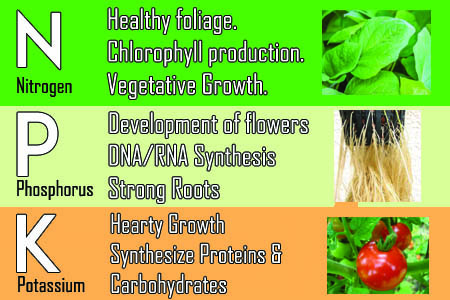
Credit: www.webhydroponics.com
Macronutrients For Hydroponic Plants
Nitrogen helps plants grow strong stems and leaves. It is key for making chlorophyll. Chlorophyll is the green part of the plant. This makes food for the plant. Without enough nitrogen, plants turn yellow and weak.
Phosphorus helps plants make roots. It is important for flowers and fruit. It helps plants grow fast and strong. Without phosphorus, plants have small roots. They may not flower well.
Potassium helps plants fight diseases. It makes plants strong. It helps plants use water well. Without potassium, plants have weak stems. They may not grow well.
Secondary Nutrients For Plant Health
Calcium helps plants grow strong cell walls. It keeps the plant’s structure strong. Without enough calcium, plants can become weak. Leaves may curl or turn yellow. Calcium also helps roots grow.
Magnesium is key for photosynthesis. It helps plants make food from sunlight. Leaves need magnesium to stay green. Without it, leaves turn yellow. This makes the plant weak.
Sulfur helps plants make proteins. It keeps plants healthy and green. Sulfur helps plants resist disease. It is needed for strong growth. Without sulfur, leaves turn yellow and growth slows.
Micronutrients In Hydroponics
Hydroponic plants need essential micronutrients like iron, manganese, and zinc for healthy growth. These nutrients support enzyme functions and chlorophyll production. Proper nutrient balance ensures robust plant development in a soil-less environment.
Iron For Chlorophyll
Iron is vital for chlorophyll production. Plants need chlorophyll for photosynthesis. Without iron, leaves turn yellow. Iron helps keep plants green and healthy. Hydroponic systems need iron supplements. Use chelated iron for best absorption.
Zinc In Enzyme Activation
Zinc activates many enzymes in plants. It aids in protein synthesis and growth. Zinc deficiency causes stunted growth and small leaves. Ensure zinc is part of your nutrient solution. It supports overall plant health and vitality.
Manganese For Metabolism
Manganese plays a key role in metabolism. It helps in nitrogen assimilation. Manganese is essential for plant respiration. A deficiency can cause brown spots on leaves. Add manganese to prevent these issues. It boosts plant growth and health.
Nutrient Solution Preparation
Hydroponic plants need special fertilizers. Regular soil fertilizers do not work well. Look for fertilizers made for hydroponics. These have the right mix of minerals. Plants need these minerals to grow strong. You can buy these fertilizers online or at garden stores.
Mix the fertilizers with water. Follow the instructions on the package. Use a clean container. Stir well to dissolve the fertilizers. Test the solution’s pH level. It should be between 5.5 and 6.5. Adjust the pH if needed. A proper pH helps plants absorb nutrients better.

Credit: www.edengreen.com
Monitoring Nutrient Levels
Keeping the pH level just right is crucial. Plants can’t take in nutrients if pH is too high or low. Most plants like a pH between 5.5 and 6.5. Use a pH meter to check levels often. Adjust as needed with pH up or down solutions.
Electrical Conductivity (EC) shows nutrient strength. High EC means many nutrients. Low EC means few nutrients. Keep EC in the right range for your plants. Check with an EC meter. Adjust with more or less nutrient solution.
Common Nutrient Deficiencies
Plants need many nutrients to grow well. Missing nutrients can cause problems. Yellow leaves can mean a lack of nitrogen. Brown spots might show a potassium deficiency. Slow growth can be a sign of phosphorus shortage. Watch your plants closely. Look for these signs to identify issues early.
Once a problem is found, act quickly. Add the missing nutrient to the water. Follow instructions carefully. Too much can harm the plants. Balance is key. Check the plants often. Make sure they are getting better.
Tips For Optimal Nutrient Management
Testing nutrient levels is important for plant health. Check the pH balance often. Use a reliable test kit for accuracy. Plants need a balanced environment. Too much or too little can harm growth. Keep a record of test results. Adjust nutrients based on these tests. Regular checks help prevent problems. Healthy plants grow faster and stronger.
Different plants need different nutrients. Adjust the ratios for each plant type. Use the right mix of nitrogen, phosphorus, and potassium. Monitor plants for signs of nutrient deficiency. Yellow leaves may mean a lack of nitrogen. Weak stems could signal low phosphorus. Poor root growth might need more potassium. Make small adjustments at a time. Watch how plants respond. Correct ratios ensure optimal growth.
Frequently Asked Questions
What Nutrients Are Essential For Hydroponic Plants?
Hydroponic plants need primary nutrients like nitrogen, phosphorus, and potassium. They also require secondary nutrients such as calcium, magnesium, and sulfur. Additionally, trace elements like iron, manganese, and zinc are vital.
How Often Should I Add Nutrients To Hydroponic Plants?
You should add nutrients to hydroponic plants every one to two weeks. Regularly check the nutrient levels and adjust as needed. Maintaining proper nutrient balance is crucial for healthy plant growth.
Can Hydroponic Plants Grow Without Nutrients?
No, hydroponic plants cannot grow without nutrients. They rely on a nutrient solution for essential minerals. Without these nutrients, plants will become weak and eventually die.
What Role Does Ph Play In Nutrient Absorption?
PH levels are crucial for nutrient absorption in hydroponic systems. A balanced pH ensures plants can effectively uptake nutrients. Ideally, maintain a pH between 5. 5 and 6. 5 for optimal growth.
Conclusion
Hydroponic plants thrive on essential nutrients. They need nitrogen for growth. Phosphorus helps with root development. Potassium boosts overall plant health. Calcium supports cell structure. Magnesium is crucial for photosynthesis. Plants also need trace elements like iron and zinc. Each nutrient plays a specific role.
Balanced nutrient solutions ensure healthy plants. Regular monitoring keeps nutrient levels optimal. Proper care leads to a thriving hydroponic garden. Grow fresh, vibrant plants at home. Enjoy the benefits of hydroponic gardening. It’s efficient and rewarding. Happy growing!

My mission is to help you bring the beauty of nature indoors with expert advice, detailed plant care guides, and creative design ideas.
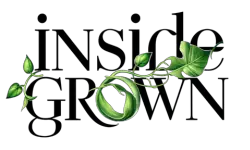
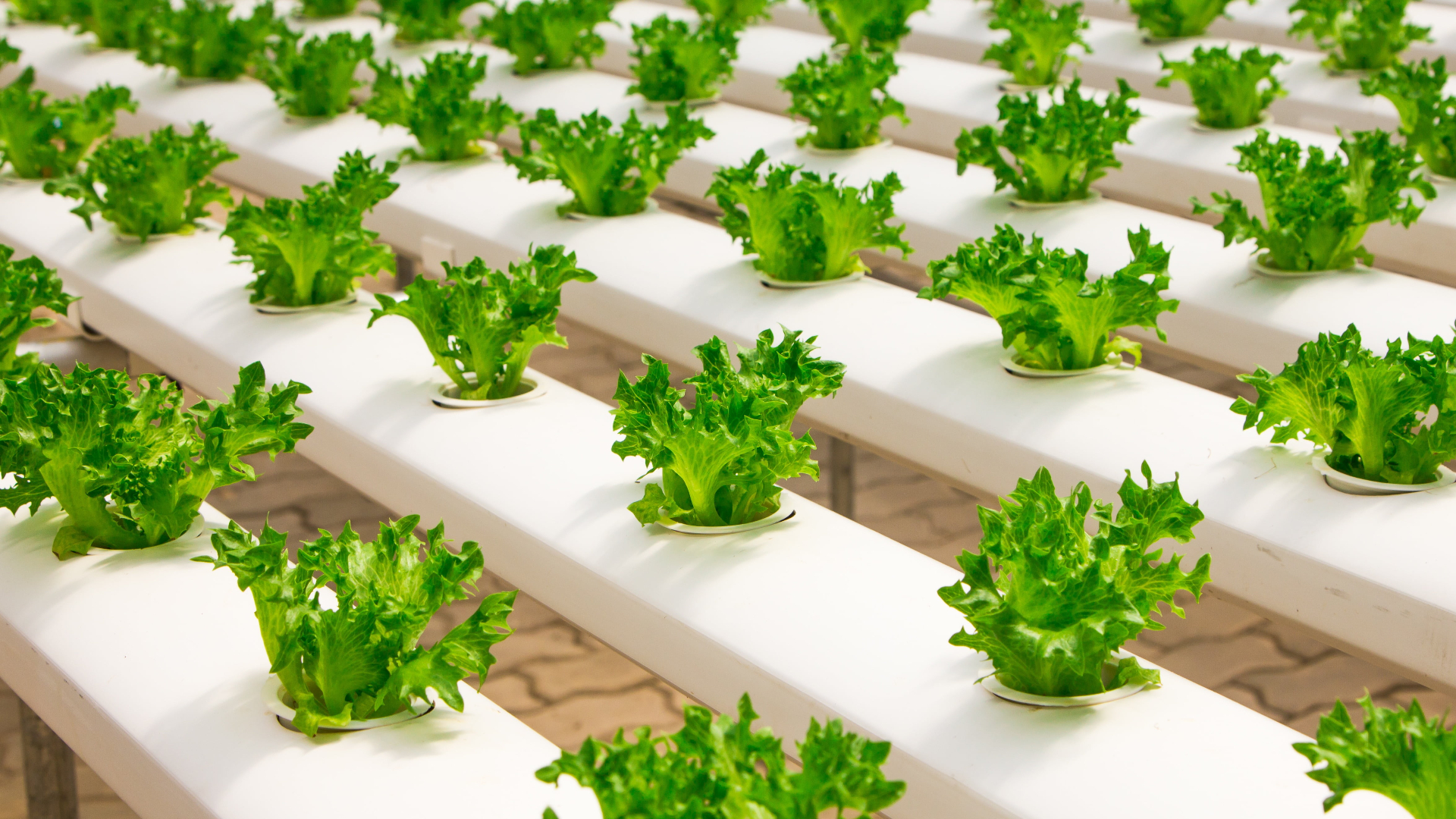
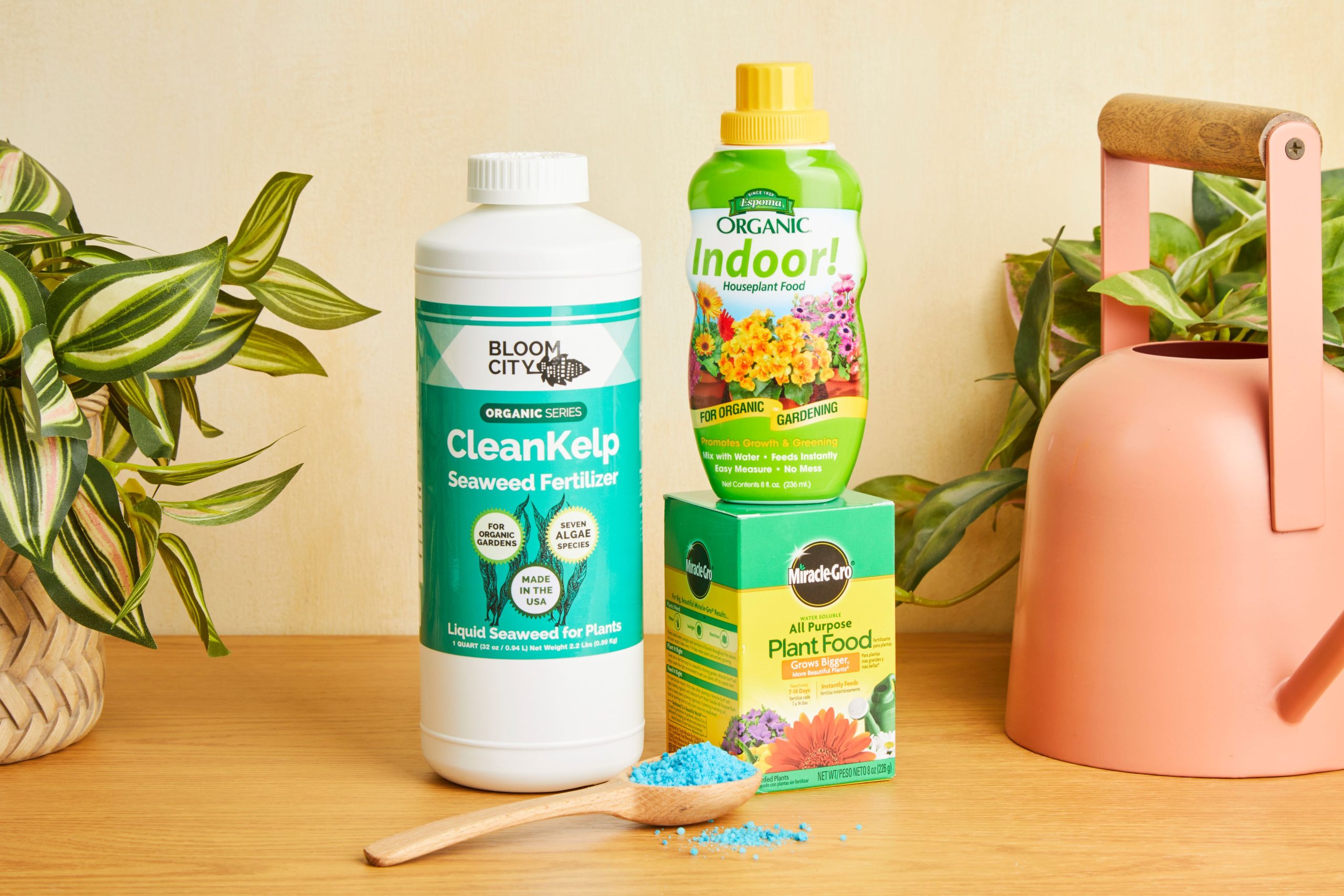

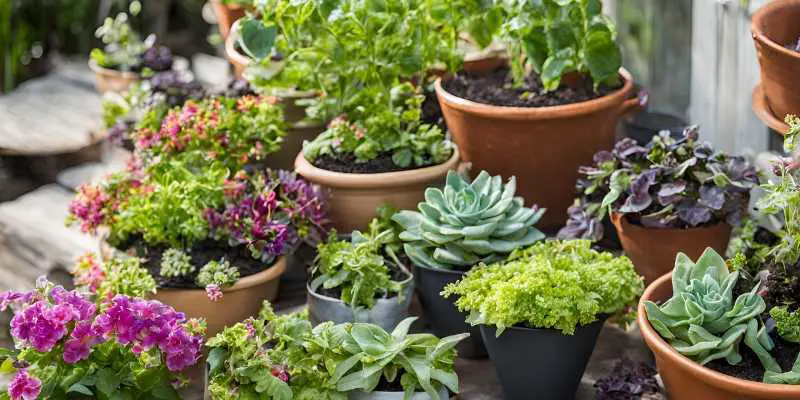
Leave a Reply